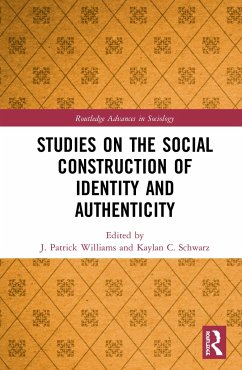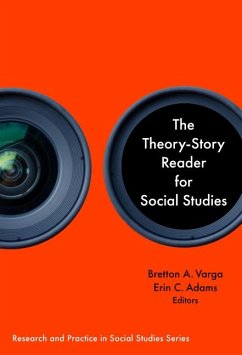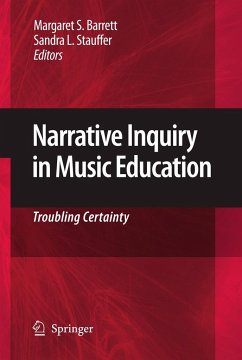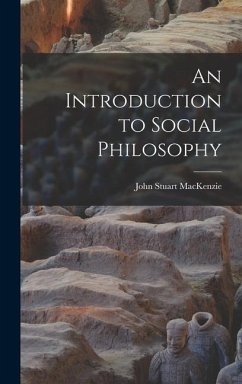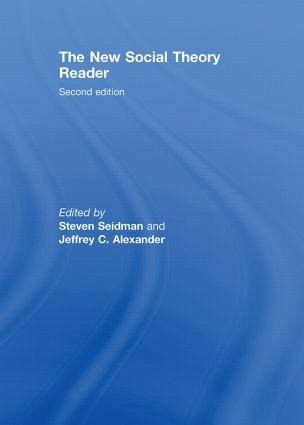
The New Social Theory Reader
Versandkostenfrei!
Versandfertig in 1-2 Wochen
228,99 €
inkl. MwSt.
Weitere Ausgaben:

PAYBACK Punkte
114 °P sammeln!
This is the first anthology to thematize the dramatic upward and downward shifts that have created the new social theory, and to present this new and exciting body of work in a thoroughly trans-disciplinary manner. In this revised second edition readers are provided with a much greater range of thinkers and perspectives, including new sections on such issues as imperialism, power, civilization clash, health and performance. The first section sets out the main schools of contemporary thought, from Habermas and Honneth on new critical theory, to Jameson and Hall on cultural studies, and Foucault...
This is the first anthology to thematize the dramatic upward and downward shifts that have created the new social theory, and to present this new and exciting body of work in a thoroughly trans-disciplinary manner. In this revised second edition readers are provided with a much greater range of thinkers and perspectives, including new sections on such issues as imperialism, power, civilization clash, health and performance. The first section sets out the main schools of contemporary thought, from Habermas and Honneth on new critical theory, to Jameson and Hall on cultural studies, and Foucault and Bourdieu on poststructuralism. The sections that follow trace theory debates as they become more issues-based and engaged. They are: the post-foundational debates over morality, justice and epistemological truth the social meaning of nationalism, multiculturalism and globalization identity debates around gender, sexuality, race, the self and post-coloniality. This new edition provides more ample biographical and intellectual introductions to each thinker, and substantial introductions to each of the major sections. The editors introduce the volume with a newly revised, interpretive overview of social theory today. The New Social Theory Reader is an essential, reliable guide to current theoretical debates.





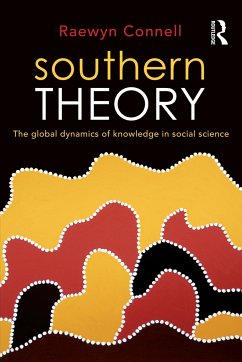

![The Statistical Imagination: Elementary Statistics for the Social Sciences [With CDROM] Cover The Statistical Imagination: Elementary Statistics for the Social Sciences [With CDROM]](https://bilder.buecher.de/produkte/21/21732/21732051n.jpg)

